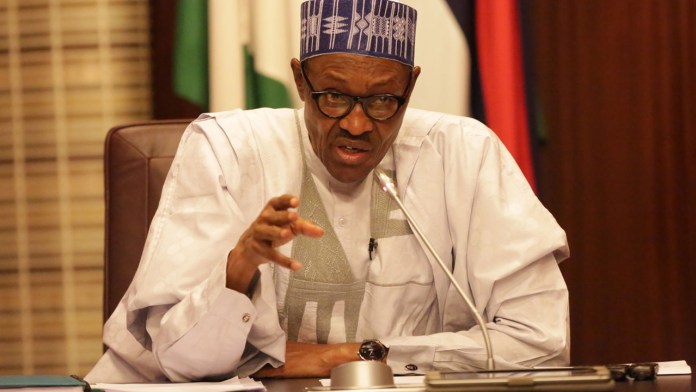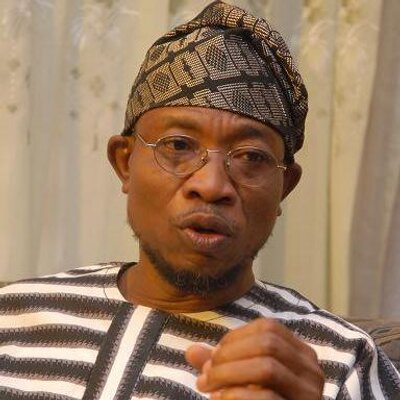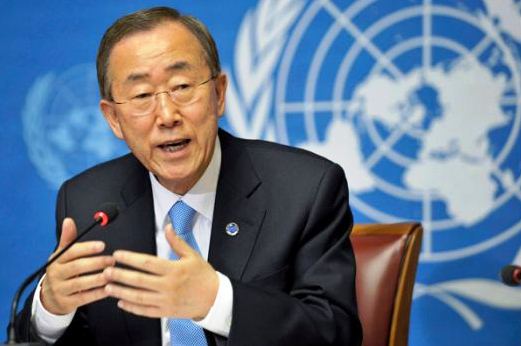Expanded connectivity has enabled about 341 million people in African countries to have access to the Internet, a report said.
The report was released by the Internet Society during the Africa Regional Internet and Development Dialogue on Monday.
“Thanks to increased access to mobile broadband and the development of submarine cables, more than a quarter of the African population had Internet access in 2016.
“This represents a significant opportunity to use the Internet to provide education and learning opportunities,’’ the report said.
The report entitled: “Internet for Education in Africa, Helping Policymakers to Meet the Global Education Goals”, assesses how the Internet is used in the education sector in Africa.
It also looked at the untapped opportunities by examining experiences in other regions, and provides recommendations for policymakers to help encourage learning via the Internet.
Dawit Bekele, Africa Regional Bureau Director for the Internet Society, said that a skilled workforce that can use ICT effectively to solve Africa’s problems will determine Africa’s competitiveness in the global economy.
“Policymakers have a critical role to play in creating the necessary ecosystem for integrating ICT in education,” he said.
The first Africa Regional Internet and Development Dialogue was organised in partnership with the UN Educational, Scientific and Cultural Organisation and Rwanda’s Ministry of Youth and ICT.
Government and inter-governmental organisation officials, business and educational leaders from across Africa will discuss how Africa can use the Internet to advance education, innovation and job creation.



